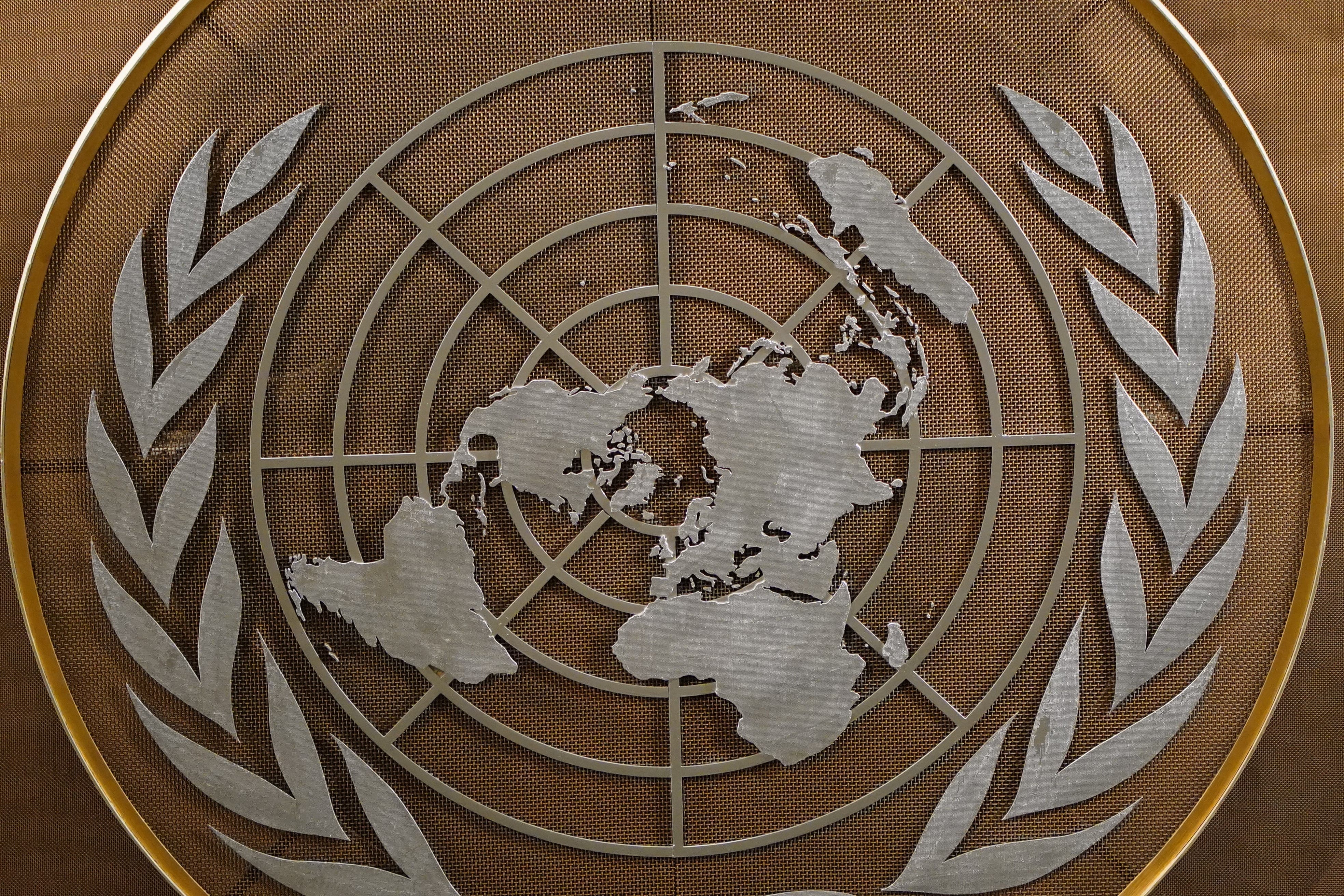UK minister insists UN Gaza ceasefire resolution ‘is binding’ in contrast to US
UN Security Council resolutions are considered binding, in accordance with Article 25 of the UN charter, which was ratified by the US.

Your support helps us to tell the story
This election is still a dead heat, according to most polls. In a fight with such wafer-thin margins, we need reporters on the ground talking to the people Trump and Harris are courting. Your support allows us to keep sending journalists to the story.
The Independent is trusted by 27 million Americans from across the entire political spectrum every month. Unlike many other quality news outlets, we choose not to lock you out of our reporting and analysis with paywalls. But quality journalism must still be paid for.
Help us keep bring these critical stories to light. Your support makes all the difference.
A UK Foreign Office minister has insisted a UN Security Council resolution on a ceasefire in Gaza is legally binding, in contrast to messages from the US Government.
Linda Thomas-Greenfield, the US Ambassador to the UN, described calls for a “lasting, sustainable ceasefire” in Israel’s war with Hamas and the release of all hostages a “nonbinding resolution” as the US abstained in the vote.
White House spokesman John Kirby said: “It’s a non-binding resolution.
“So there’s no impact at all on Israel and Israel’s ability to go after Hamas.”
UN Security Council resolutions are considered binding, in accordance with Article 25 of the UN charter, which was ratified by the US.
UK Foreign Office minister Lord Ahmad of Wimbledon told Parliament that the UK considers this resolution to be binding.
He said in the House of Lords on Wednesday: “It is binding.
“The United Kingdom’s place is clear.”
He added: “There has been speculation on this and the words on ‘binding’ or ‘nonbinding’.
“We are very clear: there’s two elements on this, a Chapter VII or a Chapter VI.
“This was made under Chapter VI, but there is a convention which goes back to 1971 which confirms that those decisions which are passed by the UN Security Council are binding.”
Chapter VI of the United Nations Charter requires states to settle their disputes by peaceful means, while Chapter VII enables the Security Council to take coercive action with respect to threats to peace, breaches of peace and acts of aggression.
Subscribe to Independent Premium to bookmark this article
Want to bookmark your favourite articles and stories to read or reference later? Start your Independent Premium subscription today.